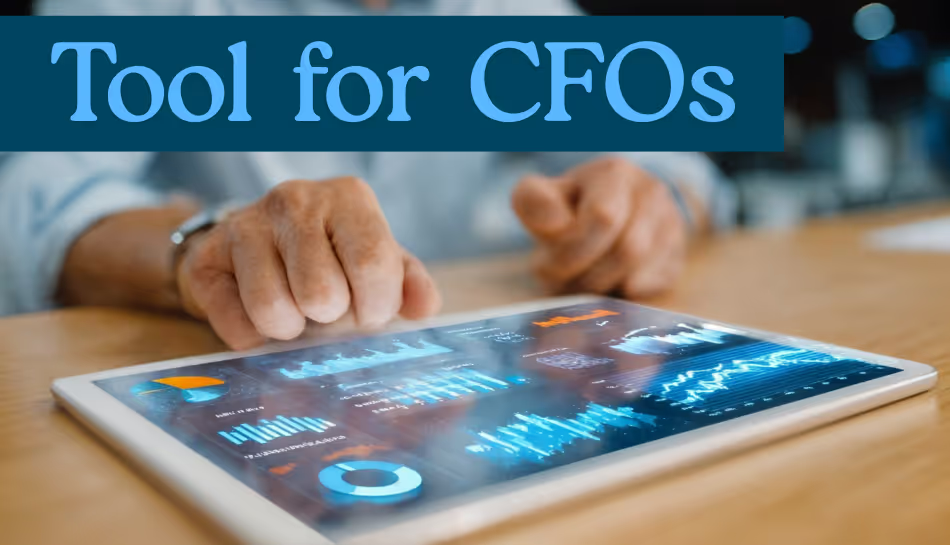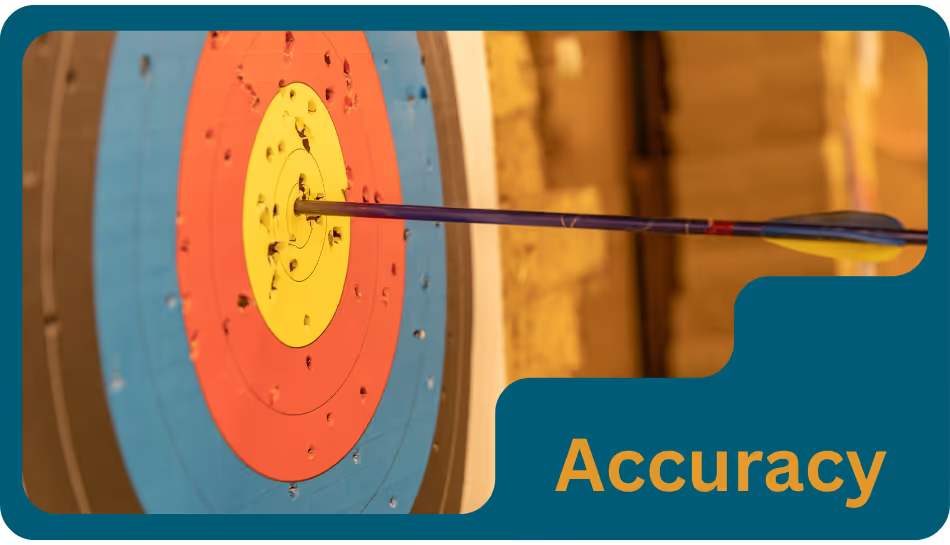
For manufacturing businesses, being efficient, cost-effective, and competitive relies on how effectively they coordinate production, inventory, and operations. With increasingly complex processes, manual systems or stand-alone tools are no longer enough. This is where a solid ERP software for manufacturing businesses becomes crucial.
A manufacturing ERP consolidates all the major functions, from production and procurement to finance and sales, into a single system. But all ERP systems are not built alike. To actually gain from digital transformation, manufacturers need to pick a system with the desired capabilities. Below are the top 10 manufacturing ERP features every company needs to seek.
-
1. Production Planning and Scheduling
At its core, every manufacturing ERP has production management. It should provide smart production planning and scheduling capabilities to optimize the utilization of resources. It ensures that demand is met by capacity, reduces downtime, and maximizes workflows. It also facilitates real-time tracking of work orders and production status. -
2. Inventory Management
Effective control of inventory is essential to minimize costs and prevent stockouts or overstocking. An enhanced ERP system monitors raw materials, components, and finished goods in multiple warehouses. Live updates enable managers to see current stock levels in real time and accurately predict future requirements. It also integrates easily with procurement and sales modules for seamless operations. -
3. Quality Management
Quality of the product is what can destroy or create a manufacturer's reputation. Any manufacturing ERP should have inherent quality control tools that assist in standardizing checks, monitoring faults, and ensuring adherence to industry regulations. It ensures that a batch conforms to standards before reaching the customer. -
4. Supply Chain Management
One of the defining characteristics of manufacturing ERP is end-to-end supply chain management. This enables manufacturers to monitor materials from vendors through to customers, with seamless logistics and punctual deliveries. A connected supply chain module facilitates better communication with suppliers, eliminates delays, and increases visibility into each stage of the process. -
5. Bill of Materials (BOM) Management
A Bill of Materials function supports defining all raw materials, components, and assemblies required to produce a product. An accurate BOM is important for precision in production planning, cost calculation, and procurement. The top ERP solution for manufacturing facilitates dynamic BOM updates, mapping design modifications or new requirements for production in real time. -
6. Financial Management
An up-to-date manufacturing ERP adds financial accounting to give a better picture of production cost, profitability, and cash flow. Budgeting, expenses, and proper costing per product or project are facilitated. Reportings and analytics are built in to enable companies to make informed financial decisions that are aligned with production objectives. -
7. Human Resource and Workforce Management
Manufacturing is labor intensive. ERP software with HR modules enables firms to schedule workforce, monitor productivity, and track attendance. It also assists with ensuring compliance with labor legislations and safety regulations. HR data being aligned with production plans guarantees optimal manpower allocation. -
8. Real-Time Analytics and Reporting
In production, data-driven decisions need real-time information. ERP systems with analytics and reporting capabilities offer live information on production performance, downtime, sales, and costs. Dashboards and graphical reports enable managers to easily recognize trends, detect inefficiencies, and respond rapidly to problems. -
9. Maintenance Management
Downtime can critically affect productivity and profitability. A sound ERP system has maintenance management tools that aid in monitoring machine performance and preventive maintenance scheduling. Predictive maintenance functionality uses data to detect impending failures before they happen, providing maximum equipment uptime. -
10. Integration and Scalability
Lastly, the ERP software must seamlessly integrate with other systems such as CRM, e-commerce platforms, or IoT devices. Scalability is also necessary, it must evolve as your manufacturing operations grow. A flexible, modular ERP keeps your investment valid for years.
Selecting the Best ERP Software for Manufacturing
When choosing ERP software for manufacturing firms, focus on systems that provide these ten core modules and features. The most important features in manufacturing ERP assist in streamlining production, enhancing efficiency, cutting costs, and giving full control over operations.
The right selected manufacturing ERP not only unifies your processes but also fosters long-term growth. With the right technology, manufacturers are able to concentrate more on innovation and less on operational bottlenecks.

